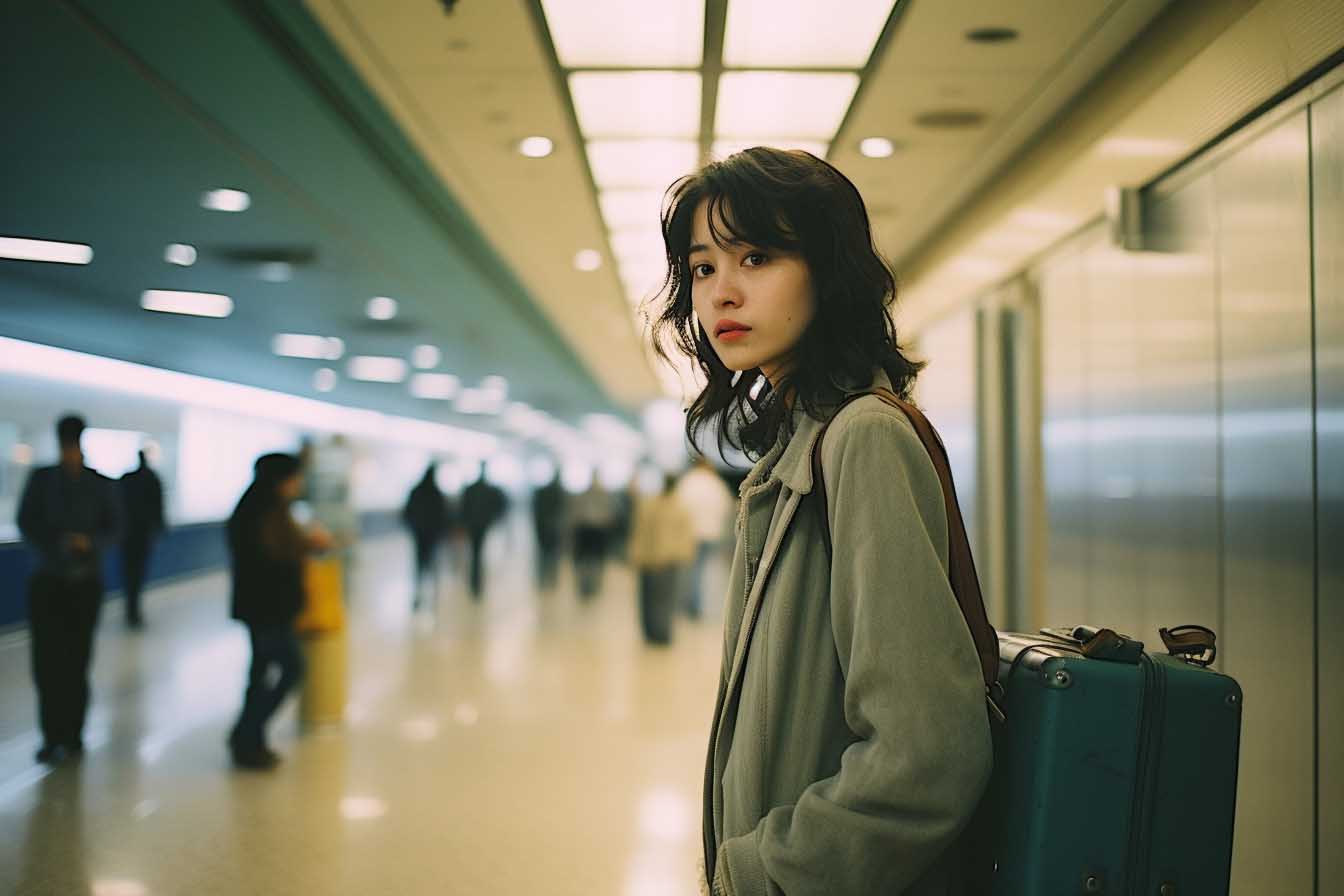The article discusses the author’s personal experiences with AI art and their concerns about its impact on artists, particularly those with dementia. The author’s father, who was an artist, sold the rights to one of his paintings to a corporation and struggled with debt and poverty as a result. The author believes that AI art has institutionalized this practice on a mass scale, nullifying intellectual property rights and putting artists out of work.
The author describes the significance of their father’s painting, “Father’s Love,” and the impact it had on their childhood. They express their frustration with AI art, which can generate images at the touch of a button while their father’s ability to create art is declining due to dementia. The author argues that the rise of AI art diminishes the importance of skill and mastery in artwork and negatively affects the livelihood of artists.
The article also mentions how AI has been used to train chatbots with books without permission from the writers, leading to strikes from writers’ unions. The author worries that AI technology threatens the storytelling abilities of humans and the humanity that can be conveyed through creative work. They fear that AI will lead to the obscurity of creatives and prevent them from affording mental health care or nursing homes in their older age.
The author concludes by expressing heartbreak for artists like their father, who never received the recognition and financial reward they deserved. They fear that AI art will replace genuine art and produce heartless imitations of real artist’s work. The author’s personal memories of creating art with their father are now overshadowed by the presence of AI art. They worry about the future of art and its ability to connect with audiences on a human level.









